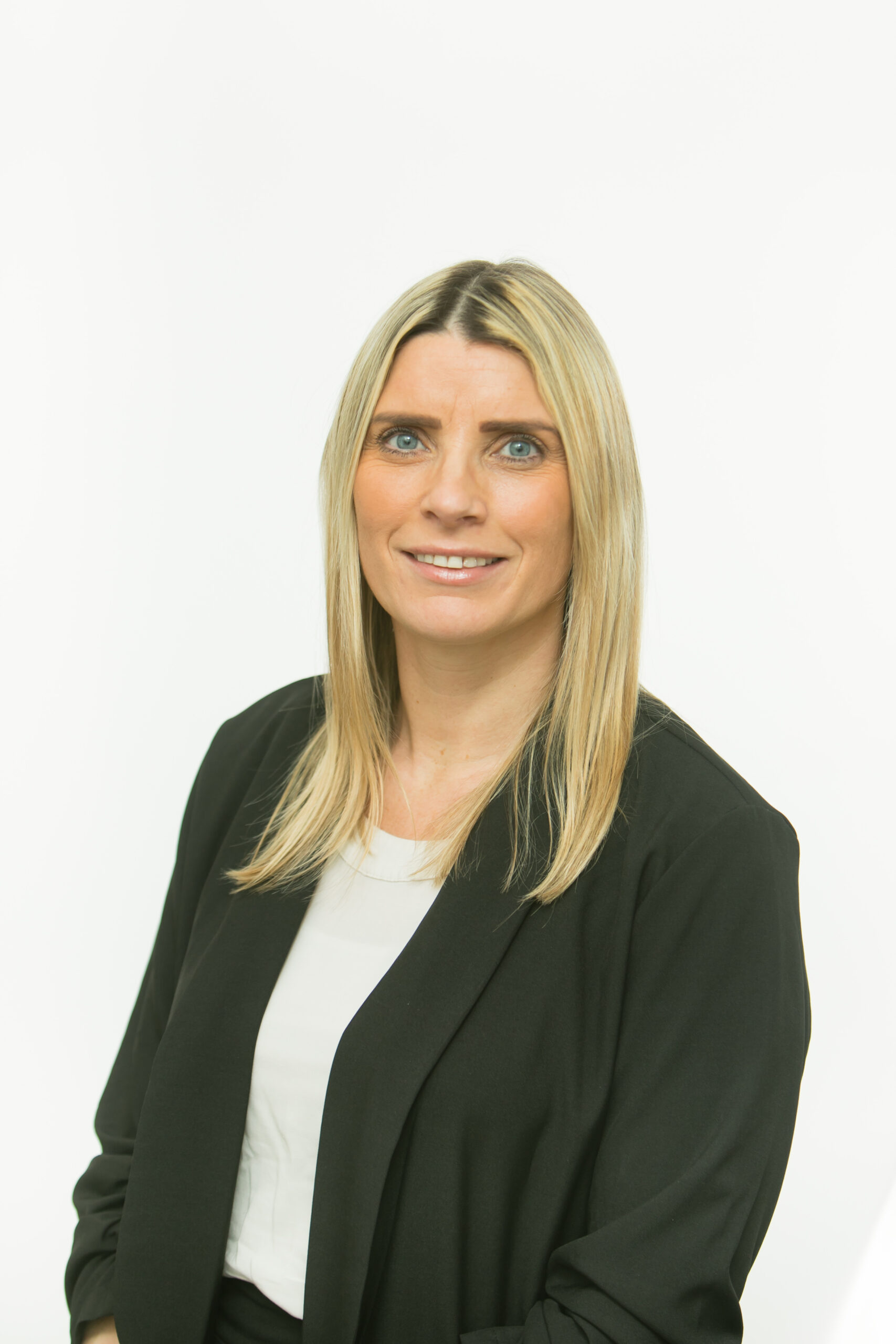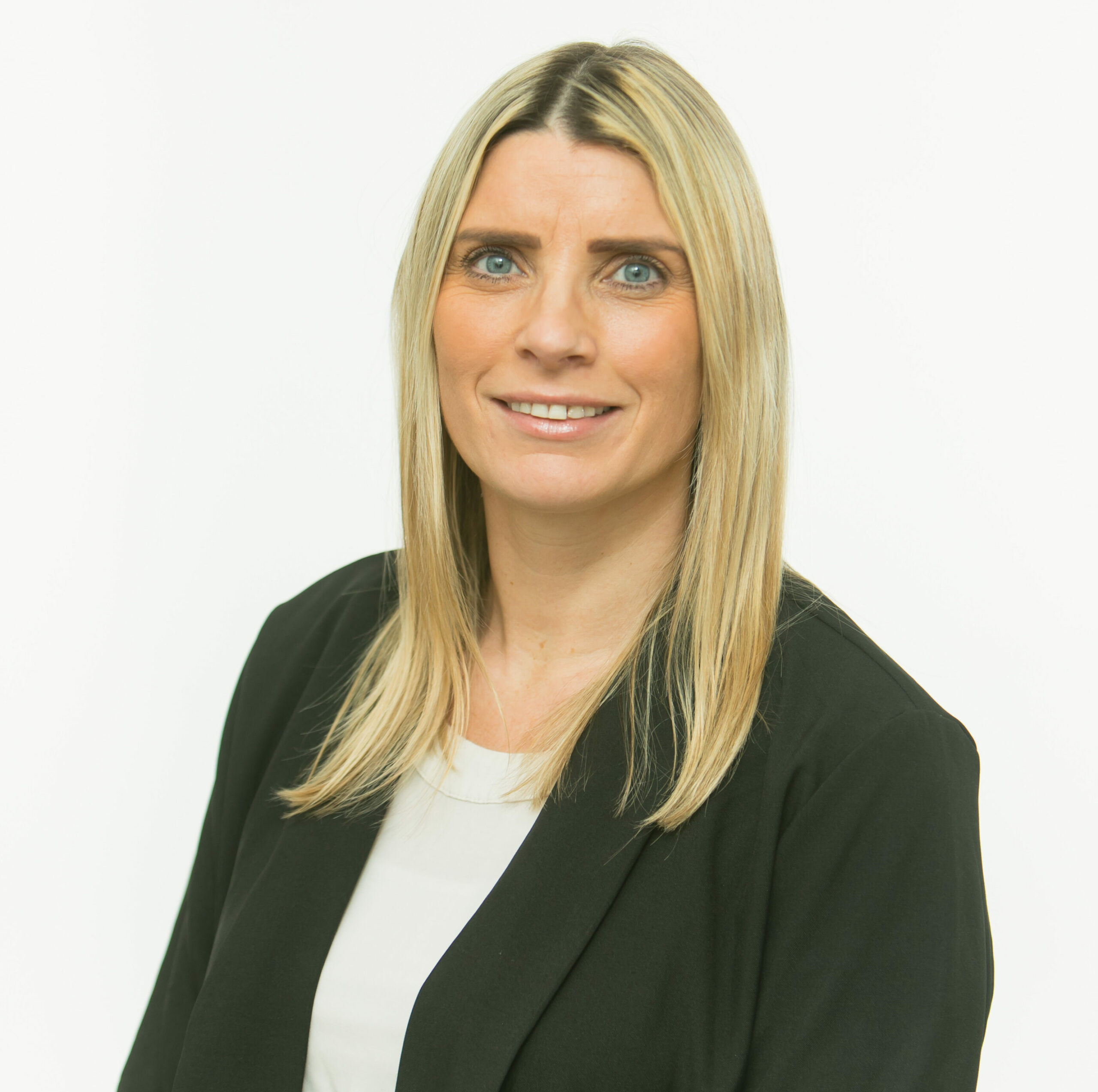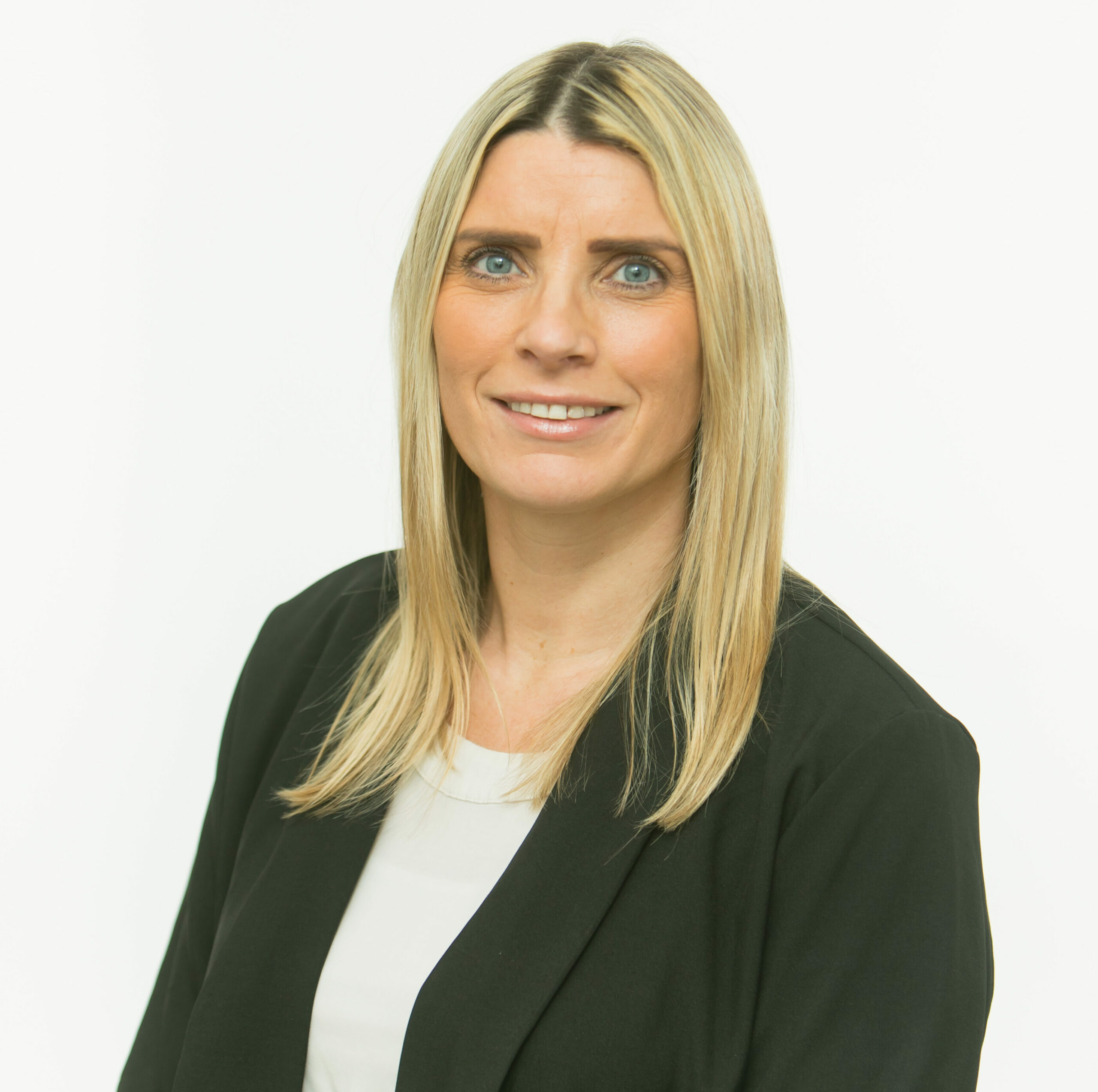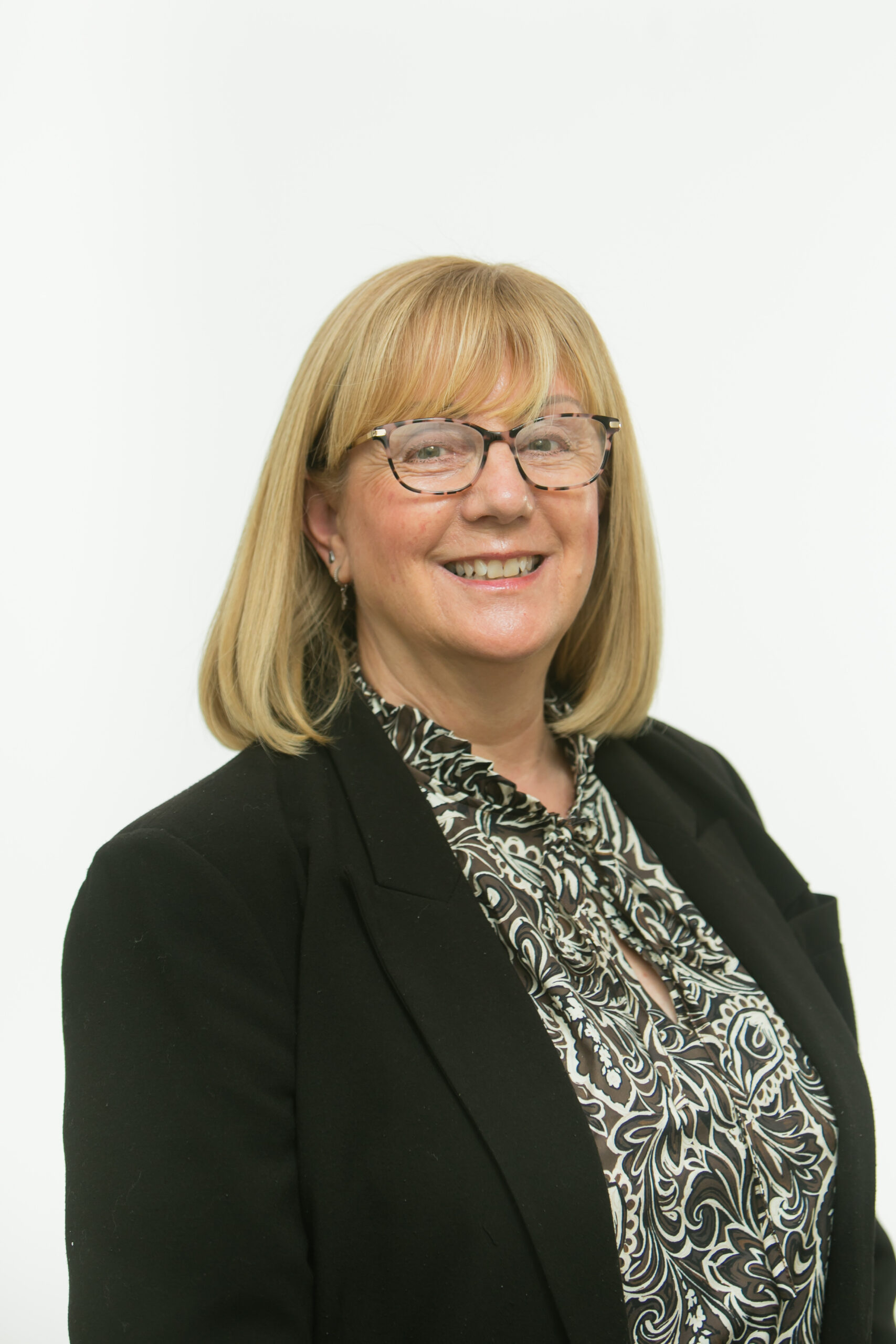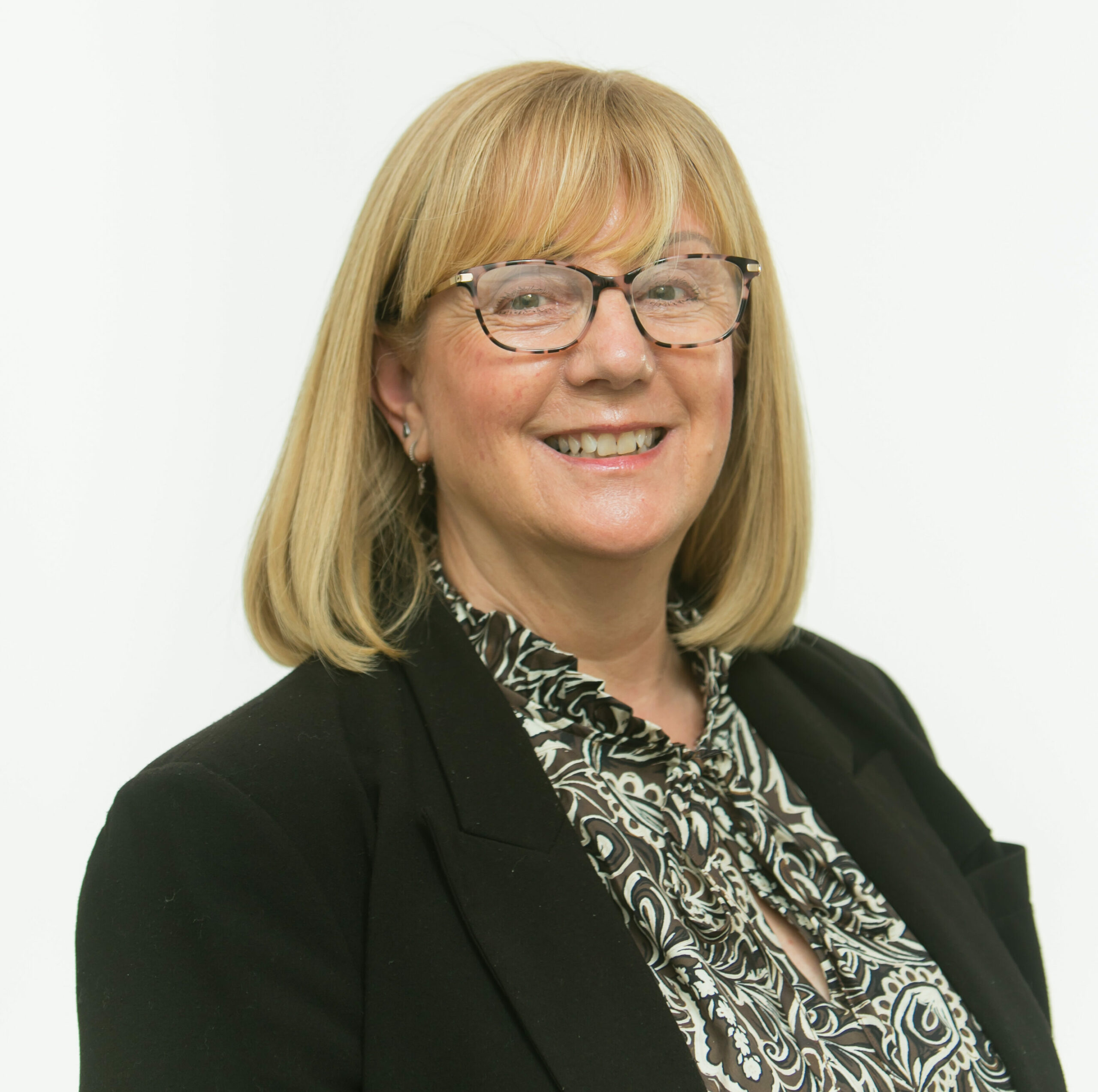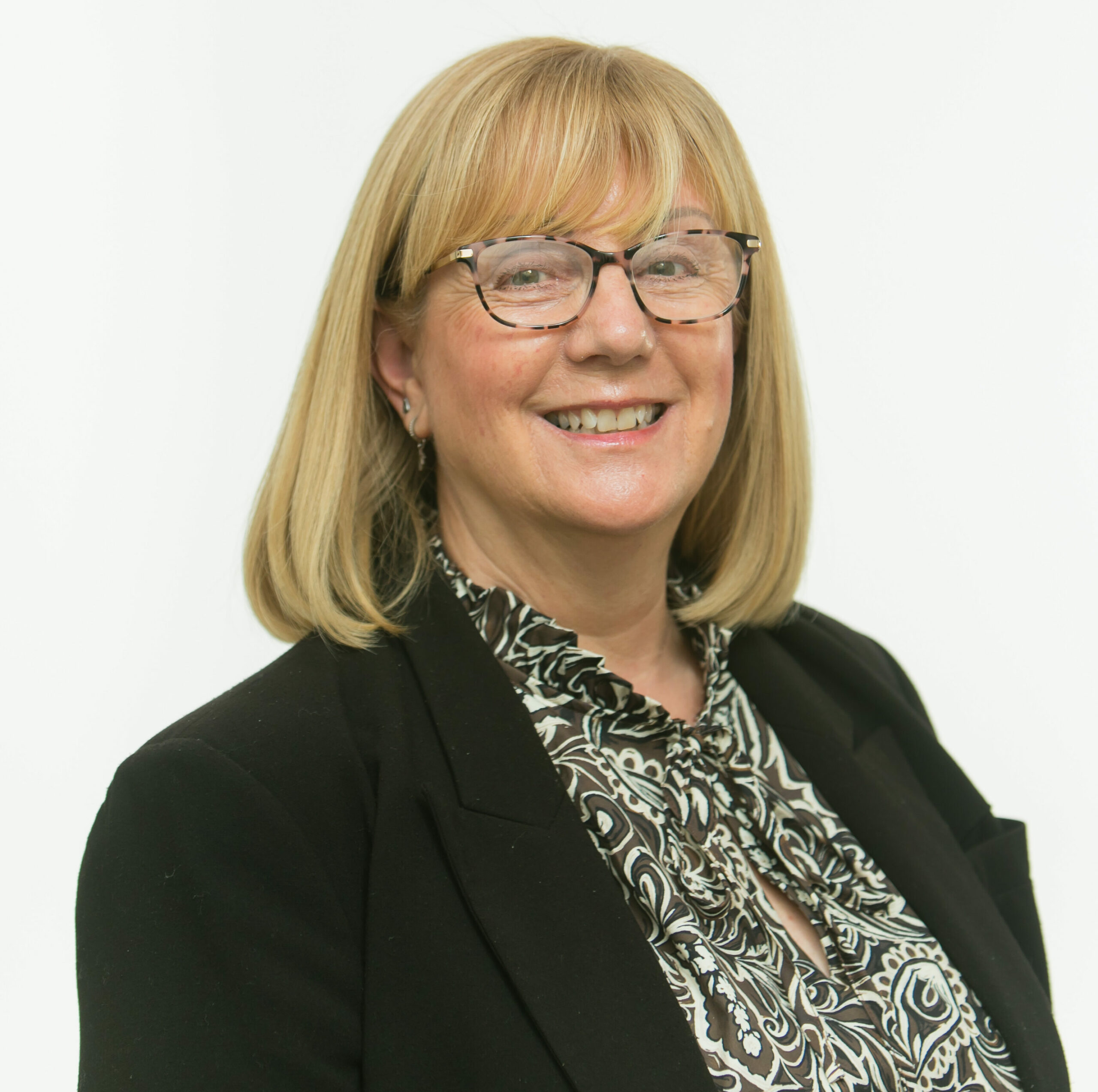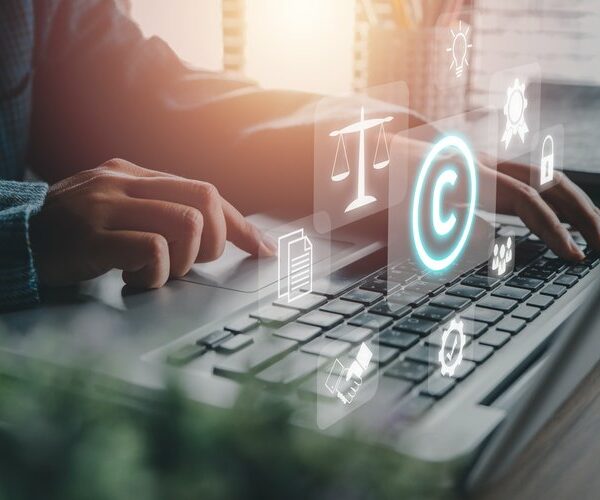
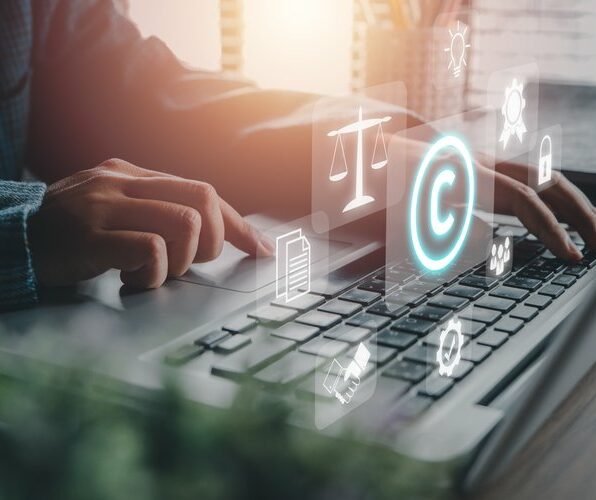
Introduction To Copyright
Copyright protection subsists automatically when you create a new work. It can subsist in:
- Original literary, dramatic, musical or artistic works, including illustrations and photography;
- Original non-literary written work, such as databases, software, web content;
- Sound and music recordings;
- Film and television recordings;
- Broadcasts
- Adaptations of published editions of written, dramatic or musical works.
Copyright Services
Copyright Protection
In some countries, there is a facility for an author to register their copyright work but this is not available in the UK. As such, it is important to keep accurate records and have evidence of the date of creation of the copyright work as this marks the start of the copyright protection.
Copyright FAQs
We’ve compiled a list of our most popular Copyright FAQs. We hope you find these useful. If you have any further questions, please don’t hesitate to get in touch and we’ll do our best to help.Copyright protects original works of art, music, literature, films, broadcast and cable programmes, sound recordings and/or typographical arrangements of published editions. Protection subsists automatically once an original work has been produced in some permanent form.
Copyright protection prevents third parties from reproducing the work in a substantially similar form, using copies of the work to the public, perform, show or play the work in public or make an adaptation of the work without permission from the owner of the original copyright work.
The term of copyright protection varies depending on the type of work in question. As an example, copyright protection subsists in original literature works for 70 years from the end of the year in which the author dies, or if the author is unknown, 70 years from the end of the year in which the work is first made available to the public.
Copyright protection subsists in computer generated works for 50 years from the end of the calendar year in which the work is first made.
The United Kingdom is a member of the Berne Copyright Convention to which a large number of overseas countries are also members. The Berne Copyright Convention allows owners of copyright works to have protection for their copyright in other member countries. However, some member countries, and non-member countries, require copyright works to be registered at the National Intellectual Property Office before the copyright subsisting in the work can be enforced against a third party in that country.
To demonstrate that copyright protection subsists in your work, you need to keep dated drawings and/or copies of the work and any modifications made to the work, in such a form that they can be used to provide evidence of copyright at some point in the future.
Meet Our Experts
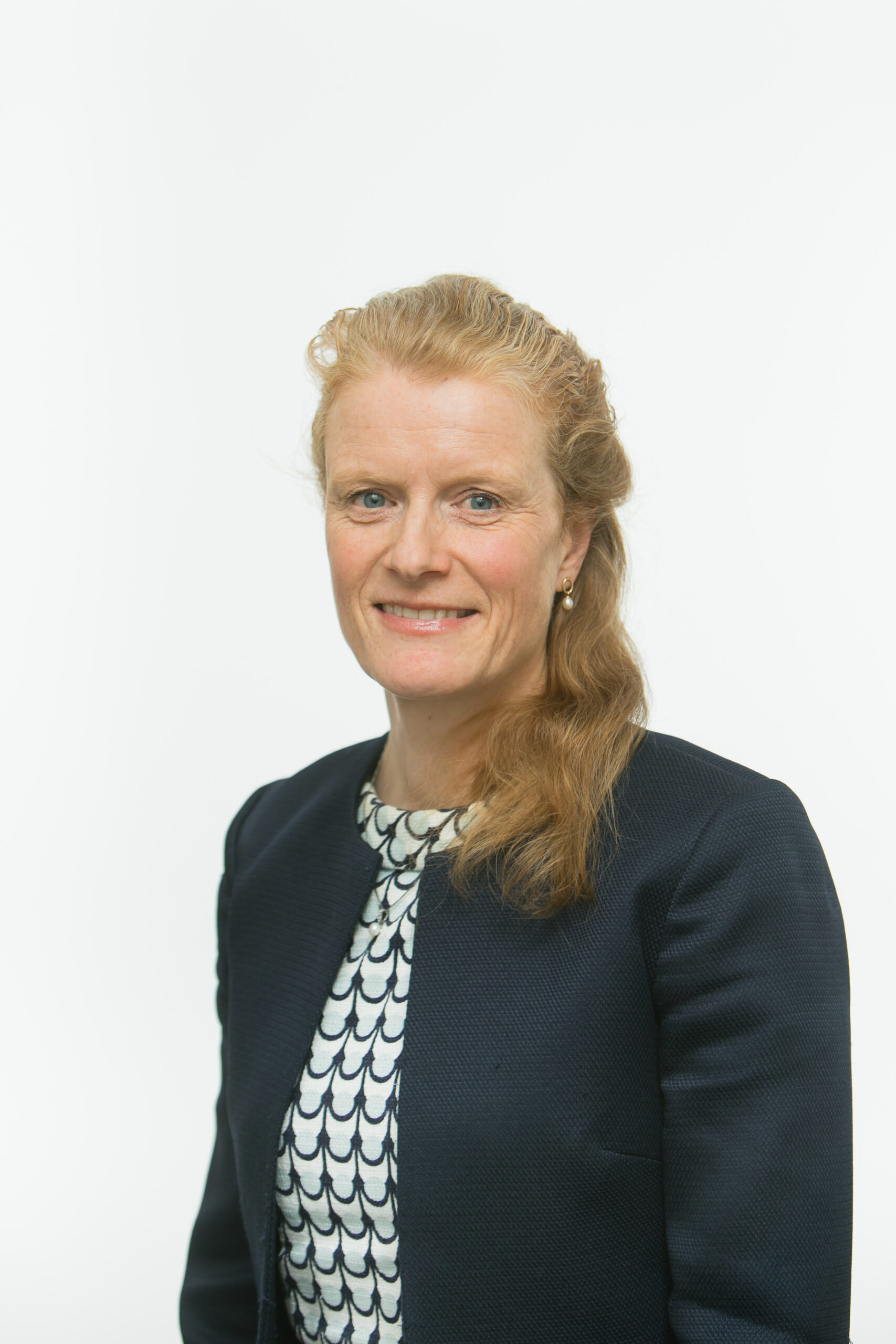
Alex is a fully qualified UK and European Patent Attorney and a Patent Attorney Litigator. She is a Fellow of The Chartered Institute of Patent Attorneys and is a registered professional representative at the European Patent Office and the Unified Patents Court.
Alex joined Bailey Walsh & Co LLP in 1998 and became a partner of the Firm in 2005. She holds a BA in Natural Sciences and a PhD in Medical Physiology & Biochemical Pathways, both from Cambridge University. Alex has been awarded a number of academic prizes for achievement both at University and in her professional career.
Alex has an excellent grounding in a wide range of scientific disciplines including biochemistry, chemistry, physiology, pharmacology, pathology, genetics, microbiology and cell biology. Although Alex’s academic background has been largely in the field of biotechnology and life sciences, she has gained substantial experience in the technical fields of electrical and mechanical engineering, as well as telecommunications, having drafted and prosecuted patent applications in these sectors for over 25 years. Alex advises on patent, design, trade mark and copyright issues.
Alex has a depth of experience in representing clients at Opposition proceedings at the European Patent Office, and also at the UK Intellectual Property Office (UK IPO). Alex works closely with lawyers in the UK and abroad in both the enforcement and defence of our clients’ patent rights.
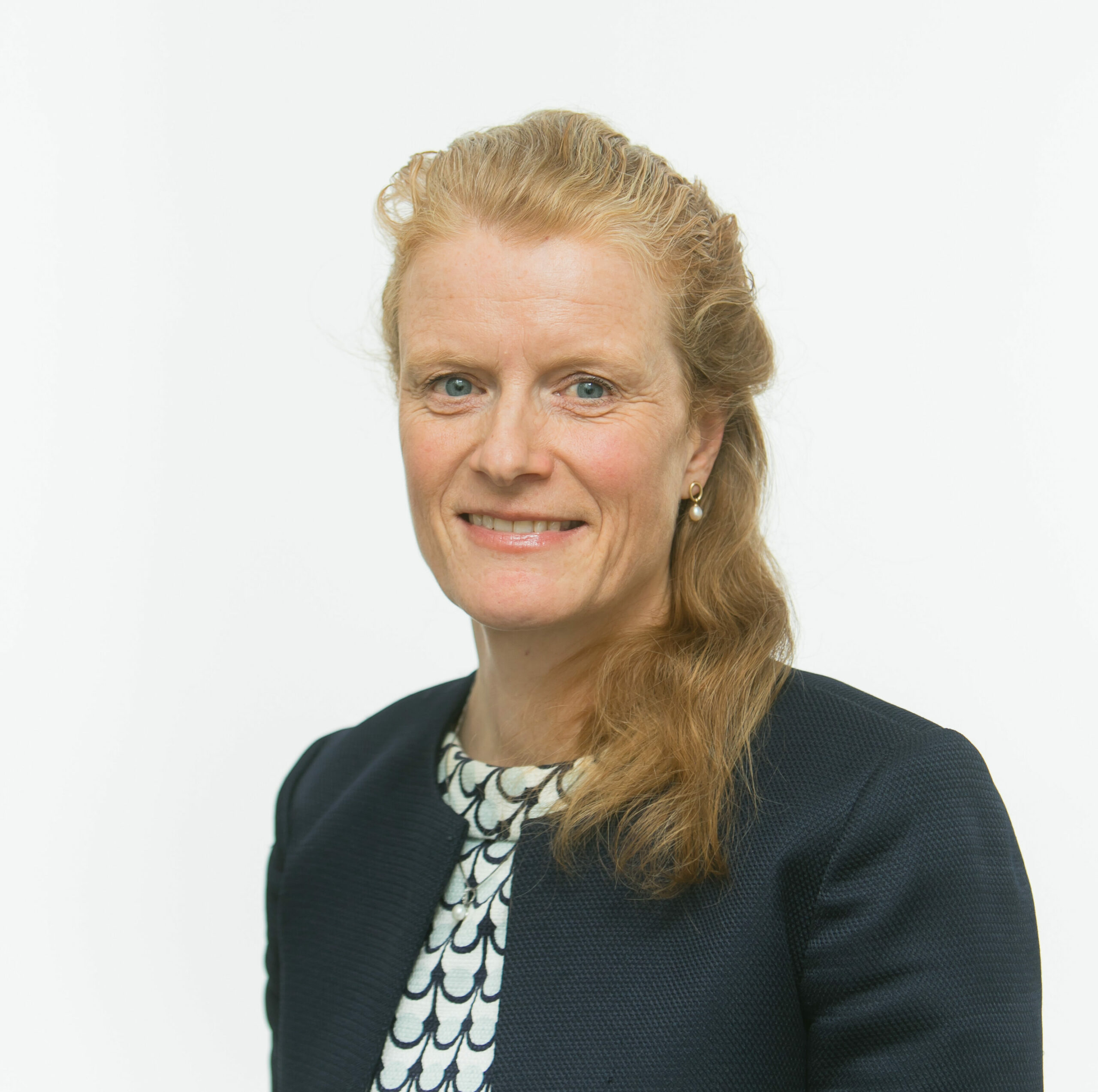
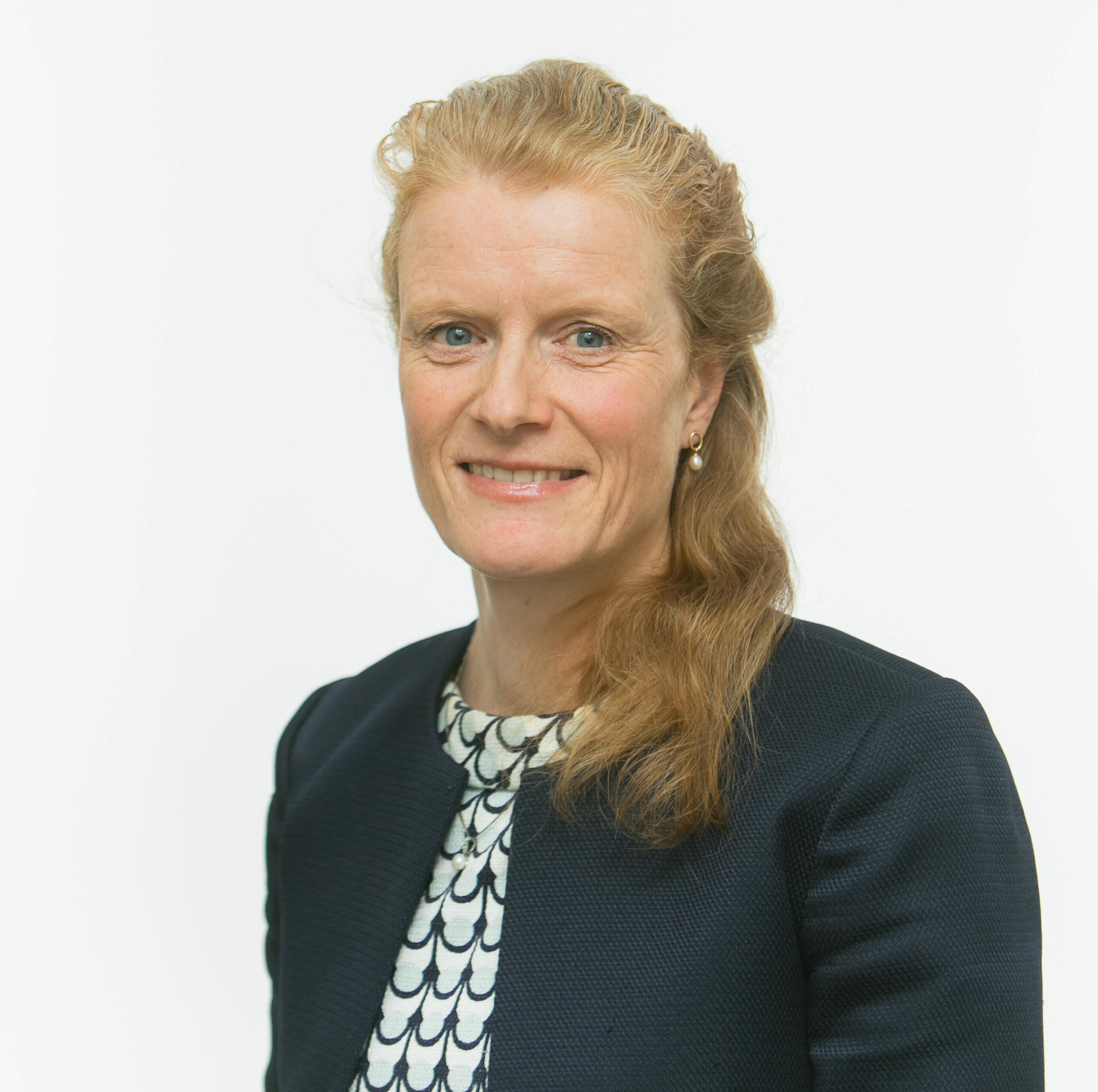
Alexandra Tomkinson
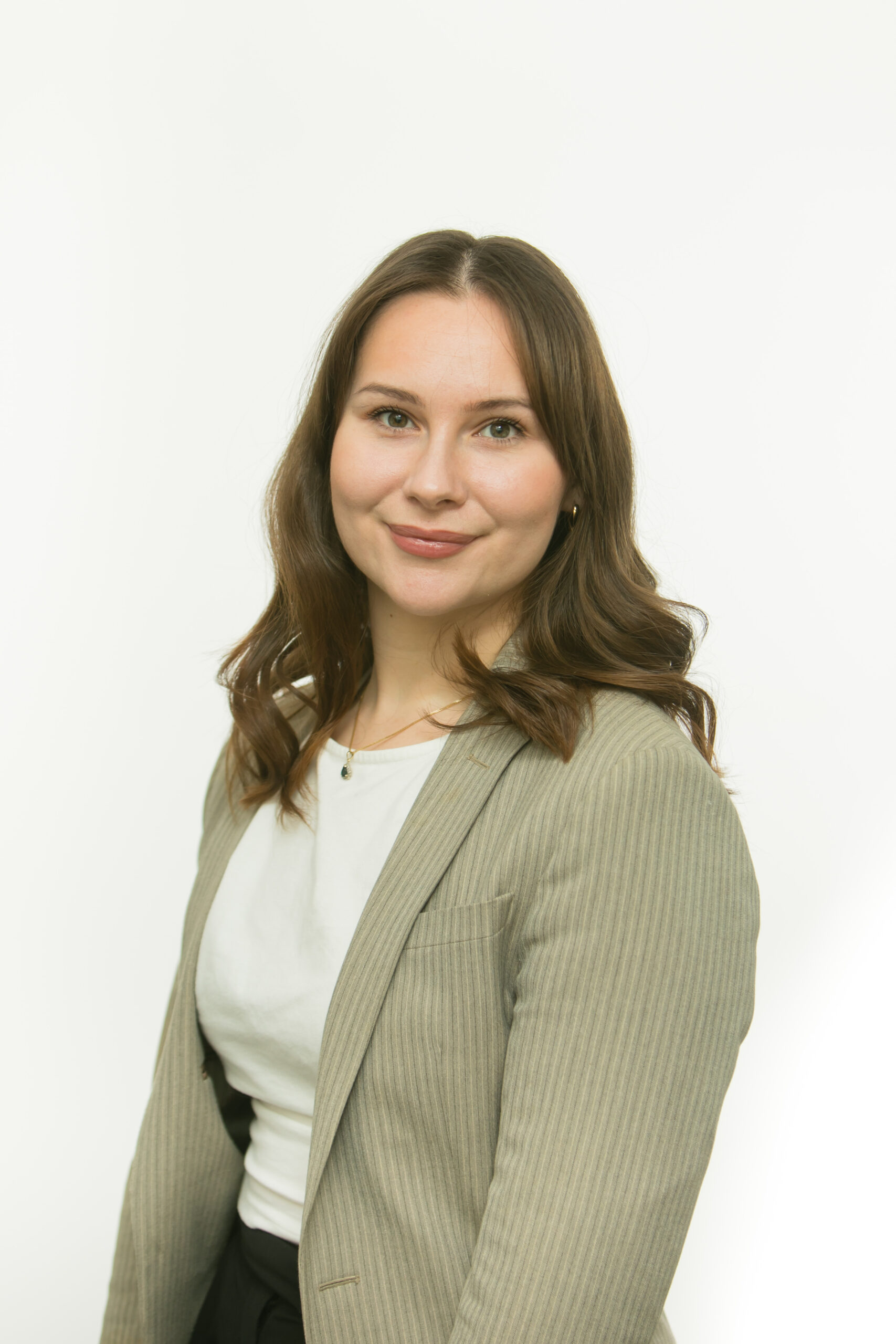
Alex holds an MPhys (Hons) in Physics and a PhD in Soft Matter Physics from the University of Leeds, and she is currently studying for her Chartered Institute exams, which will qualify her as a UK Patent Attorney.
She combines her background in soft matter physics and a passion for patent law to support clients in the physics industry and beyond.
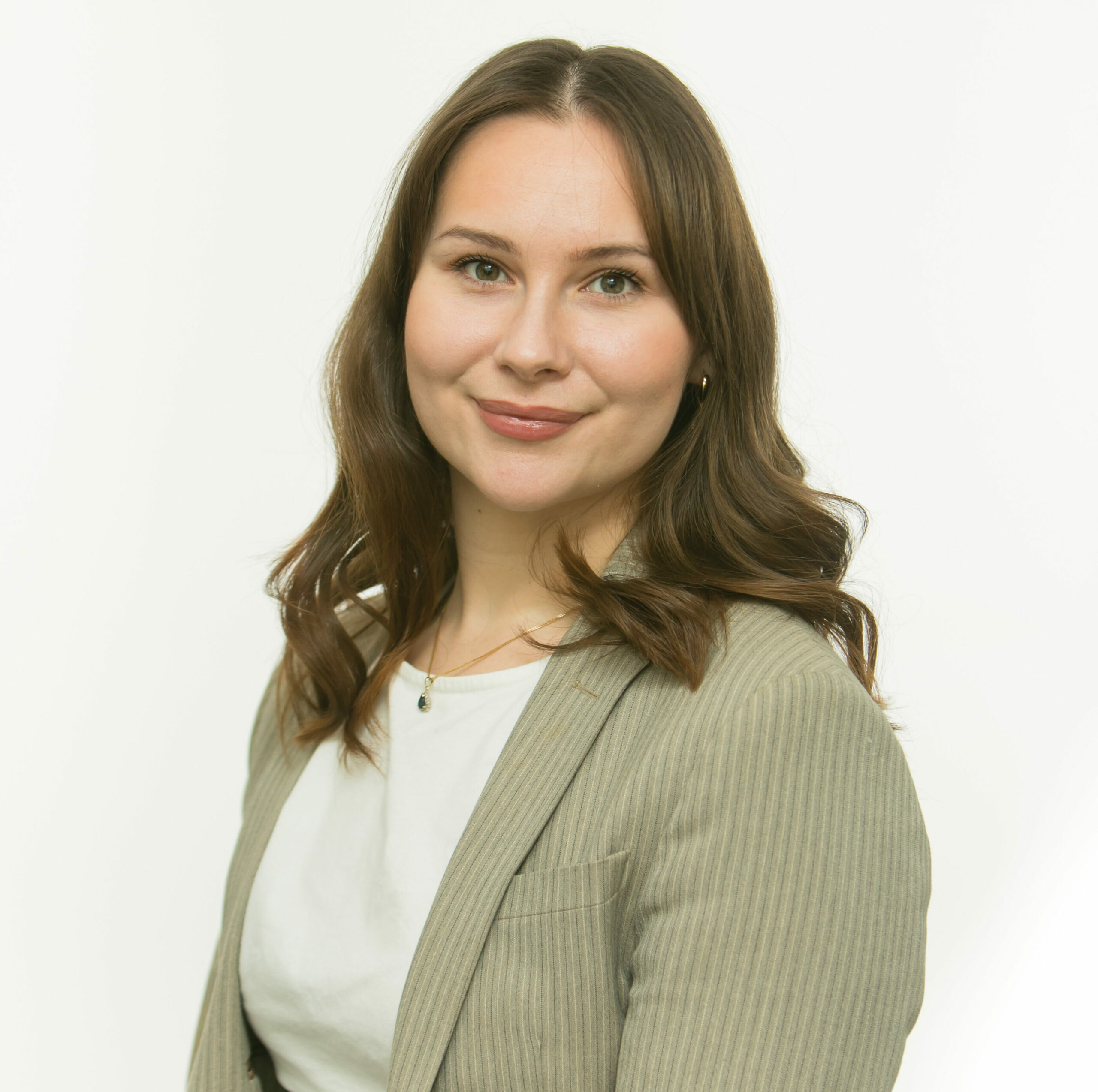
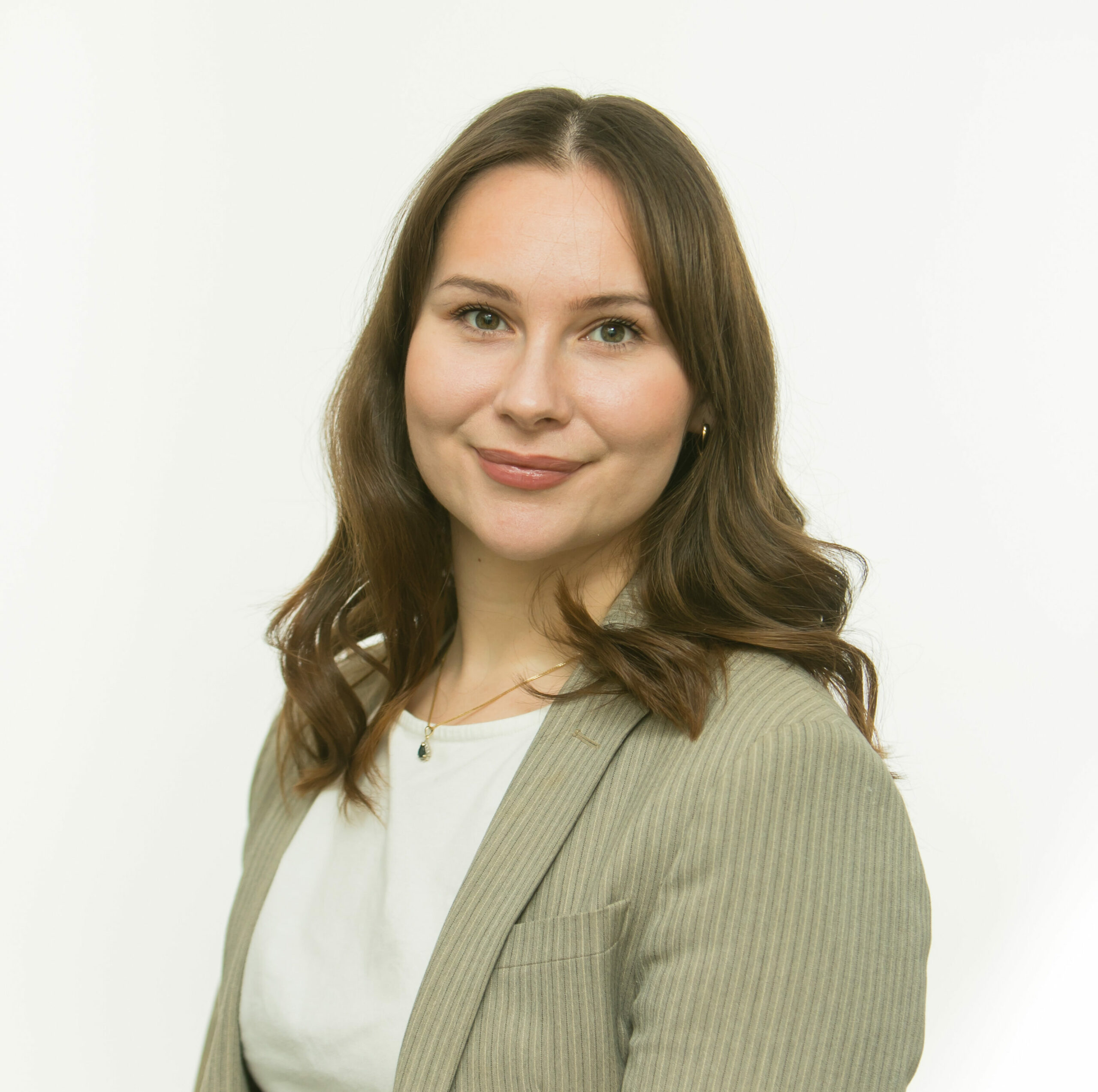
Alex Gresty


